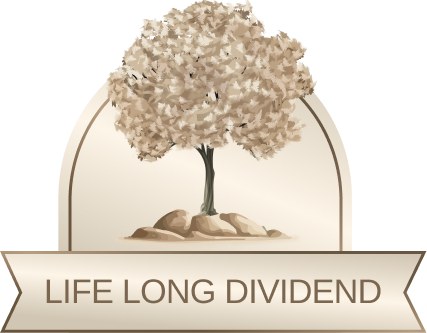Political Philosophy: The Basics, by Bas van der Vossen, published in October 2024 by Routledge, is an accessible introduction to the core questions of political philosophy and how to reason about them. This brief book is divided into six chapters (seven, if you include the introduction), covering how political philosophy is practiced, key topics in political philosophy such as political obligation, freedom and equality, the social contract, and justice, and concludes with an argument against political activism for those studying political philosophy. The book is written for the beginning philosopher, political science student, or the interested political amateur or early graduate student. Its brevity (around 120 pages) well suits it to the task, as it can be finished within two to three hours of reading.
The reader will be rewarded with a clear, engaging, and well-structured introduction to political philosophy. The clarity of the book is brought about by the centering of key arguments and their premises in each chapter. Socrates, for example, argues that since he was raised by the city and stayed within the city, he is obliged to follow the city’s laws, including accepting the death sentence imposed on him. This argument is followed by amended premises that allow for the possibility of disobeying an unjust law.
Van der Vossen opens the door for us to work through the tensions of these arguments by examining their explanatory power, plausibility, and fit to the evidence surrounding the political phenomena under investigation. As we go through this process, we will try to discern what is true and develop theories built upon true premises, valid structures, and sound arguments. He calls this process reflective equilibrium and accepts that any given theory, even after undergoing this process, will be somewhat dissatisfying but better than it was before the process began. Is this another way of packaging Plato’s dialectical reasoning with a splash of Aristotelian logic for flavor?
Of course, van der Vossen is not committed to the classical rationalism of Plato and Aristotle. He is much more at home in the world of modern liberalism. When mentioning theorists, he is most comfortable with Locke, Hobbes, Rousseau, Hume, Mill, Wollstonecraft, Nozick, and Rawls.
Van der Vossen fails to mention Rousseau’s antipathy to private property, and he questions whether improvements to the wealthiest, which do not harm the poorest, would truly be rejected behind Rawls’s veil of ignorance. His analyses seem sympathetic to Rousseau’s general will and Rawls’ use of the veil of ignorance. Still, he seems to conclude that something very close to classical liberalism emerges if these concepts are correctly applied.
A firm grasp of the mechanisms and logic of the classical and modern liberal project is not a paltry prize. Francis Fukuyama argued three decades ago that liberalism was the final ideology to emerge in history, and this book appears to take Fukuyama at his word. Yet, our world continues to be filled with illiberal realities. Tribalism has been resilient in Africa, Southeast Asia, and the Middle East, and nationalisms of all varieties are asserting themselves globally. Similarly, religious faith plays a prominent role in ordering the world community. The persistence of communalism, exclusionary biases, and metaphysical and ontological claims receive insufficient attention in a book dealing with the basics of political philosophy.
These topics certainly make things messier. The biblical Israelites were given property occupied by other people. Their god instructed them to remove them, and after defeating them, “devote them to complete destruction.” That seems clearly unjust.
But how many foundings occur in similarly messy circumstances, and with similarly lofty claims? God is also the source of commands to be just and humble. Is not the variety of human claims about the correct order of the world the impetus to philosophize?
The final chapter of this work addresses whether a political philosopher should be an activist. Van der Vossen, to his credit, argues that the philosopher should be more like a scientist and avoid polluting experiments with personal biases. If one is to understand political reality, one should have sufficient reflective distance to not be blind to the nature of that reality because of one’s biases. This reflective distance is challenging to achieve, but van der Vossen believes that the political philosopher should be committed to cultivating that openness to reality.
Did van der Vossen succeed on his terms? The liberal tradition he represents in this book may be the best political order. In that case, political philosophy may be about reasoning in a liberal democracy. Whether it is the case or not, the basics of political philosophy should encompass more than just moral or immoral actions from a liberal perspective, but rather a deeper examination of the reality of politics. This would mean including thinkers such as the Prophets, Thucydides, Augustine, Aquinas, Machiavelli, Spinoza, Tocqueville, Marx, Darwin, Nietzsche, Heidegger, and others.
Similarly, one could find fault in this effort for not reaching beyond the horizons of the Western tradition or wrestling with the critical theory so often dismissive of our liberal heritage. Nevertheless, the book is an excellent introduction to the dominant mode of reasoning that students and laypeople would likely encounter in policy circles in the United States and the European Union.

